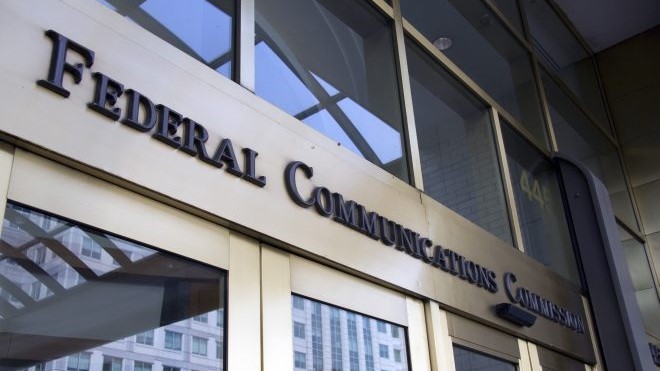FCC Puts 900 MHz Band, Public Notices on May Meeting Docket
Open meeting will take place on the May 13

The professional video industry's #1 source for news, trends and product and tech information. Sign up below.
You are now subscribed
Your newsletter sign-up was successful
WASHINGTON—Spectrum use and media regulations are part of the FCC’s agenda for its May open meeting, which is scheduled to take place on May 13.
One of the first things the FCC has on the agenda is a Report and Order that would reconfigure the 900 MHz band for the deployment of broadband services and technologies. Previously, this band had primarily been used for narrowband communications, like two-way dispatch radios, however, these new rules seek to open six of the band’s 10 MHz for broadband services; the remaining four MHz would continue to be used for narrowband communications.
According to a blog post from FCC Chairman Ajit Pai, the new framework would allow 900 MHz licensees to obtain broadband licenses and would include operational and technical rules to minimize harmful interference to narrowband operations. The transition plan to broadband services would be market-driven, relying primarily on negotiated agreements between interested parties, said Pai.
The FCC will also look to continue the push for what it sees as the modernizing of media regulations with an attempt to streamline rules regarding public notice of the filing of broadcast applications. The current rules require TV and radio broadcasters to notify the public before and after they file certain license applications, but Pai believes that the type of required notice is inconsistent based upon the type of applicant, type of station and type of application. “Moreover, the current notices are clunky and lengthy, and give customers little guidance on how to access the applications and file comments or objections to them,” Pai added.
The new rules that the FCC will vote on require shorter and more uniform public notices for all broadcast stations, according to Pai.
“Notices will be simpler and transition from newspaper to websites, better reflecting how consumers access information these days,” said Pai. “The simpler notices will direct consumers to the commission’s Online Public Inspection File and existing commission databases, where they can access the applications in question and comment on them. This brings our notification process into the 21st century and offers consumers more opportunities for engagement.”
PLUS: FCC Not Delaying TV License Renewal Schedule
The professional video industry's #1 source for news, trends and product and tech information. Sign up below.
The FCC will also vote on a plan to collect $339,000,000 in regulatory fees for the 2020 fiscal year.
The FCC May Open Meeting will be available as a live webcast on FCC.gov.
